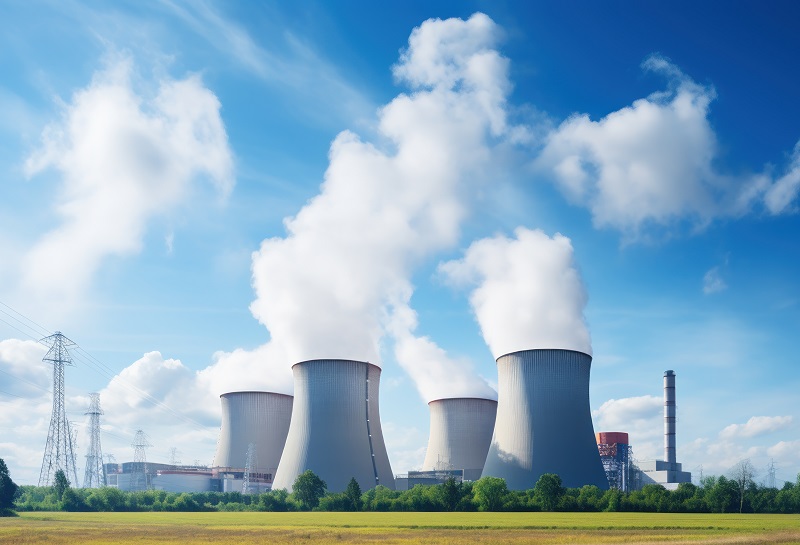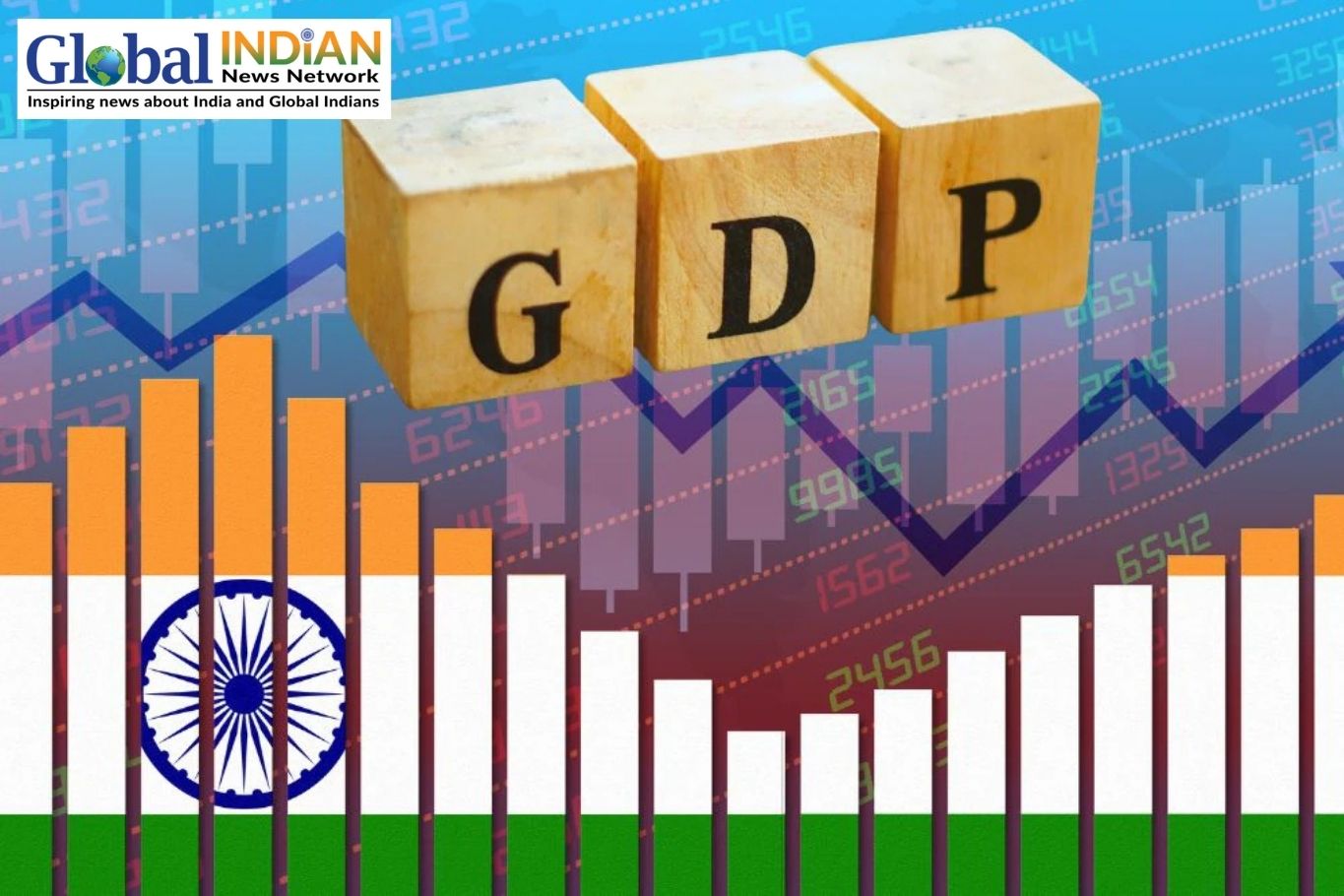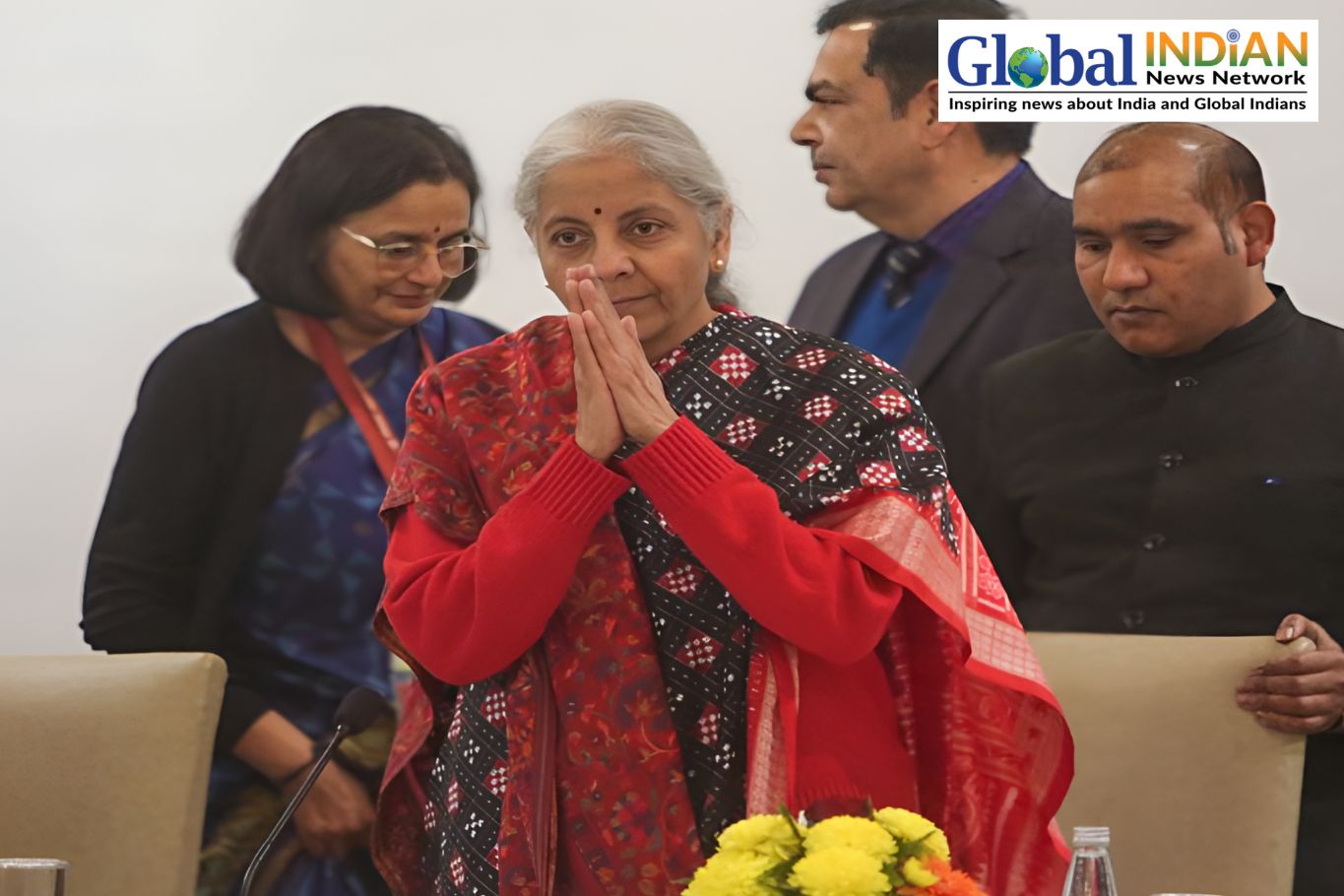
India’s nuclear power capacity is on track to surge by approximately 70% in the next five years, announced Union Minister Dr. Jitendra Singh during a pivotal meeting focused on reviewing the Department of Atomic Energy’s 100-day Action Plan. Highlighting ambitious targets, Dr. Singh outlined plans to expand the current installed capacity of 7.48 GWe to 13.08 GWe by 2029, fueled by the addition of 7 new reactors. This meeting, marking the Minister’s first significant engagement in atomic energy affairs since assuming office in Prime Minister Narendra Modi’s third term, underscored India’s commitment to bolstering indigenous technology and ensuring energy security.
In his address, Dr. Singh emphasized the need for seamless integration and collaboration within the department to harness its full potential. He emphasized initiatives aimed at enhancing capacity through knowledge-sharing, resource pooling, and leveraging expertise. The Minister also highlighted government efforts to facilitate joint ventures with public sector units, increase budget allocations through strategic collaborations, deploy next-generation technologies, and strengthen international partnerships. Streamlining approval processes to facilitate scientific advancements and improve citizen livelihoods through nuclear applications was also a key focus of his remarks.
Regarding ongoing projects, Dr. Singh provided updates on the development of the Bharat Small Reactor (BSR) and the Bharat Small Modular Reactor (BSMR) 220 MW. These initiatives aim to enhance nuclear technology by transitioning from Calandria to pressure vessel designs using light water technology. Additionally, he commended BHAVINI, a public sector undertaking, for progressing towards fuel loading in the Prototype Fast Breeder Reactor, which is expected to achieve criticality in the near future. This reactor represents a significant milestone as it is designed to produce more fuel than it consumes, contributing to India’s nuclear self-sufficiency goals.
Beyond energy security, Dr. Singh underscored the Department of Atomic Energy’s broader societal contributions, particularly in addressing health and food security challenges through advancements in radiopharmaceuticals, nuclear medicine, agriculture, and food preservation. He emphasized the transformative potential of radiation technology in driving economic growth and improving quality of life through advancements in basic, applied, and translational sciences.
Overall, the Minister’s address highlighted India’s strategic vision to significantly enhance its nuclear power capabilities while emphasizing the broader societal benefits and advancements in scientific research enabled by nuclear technology.











